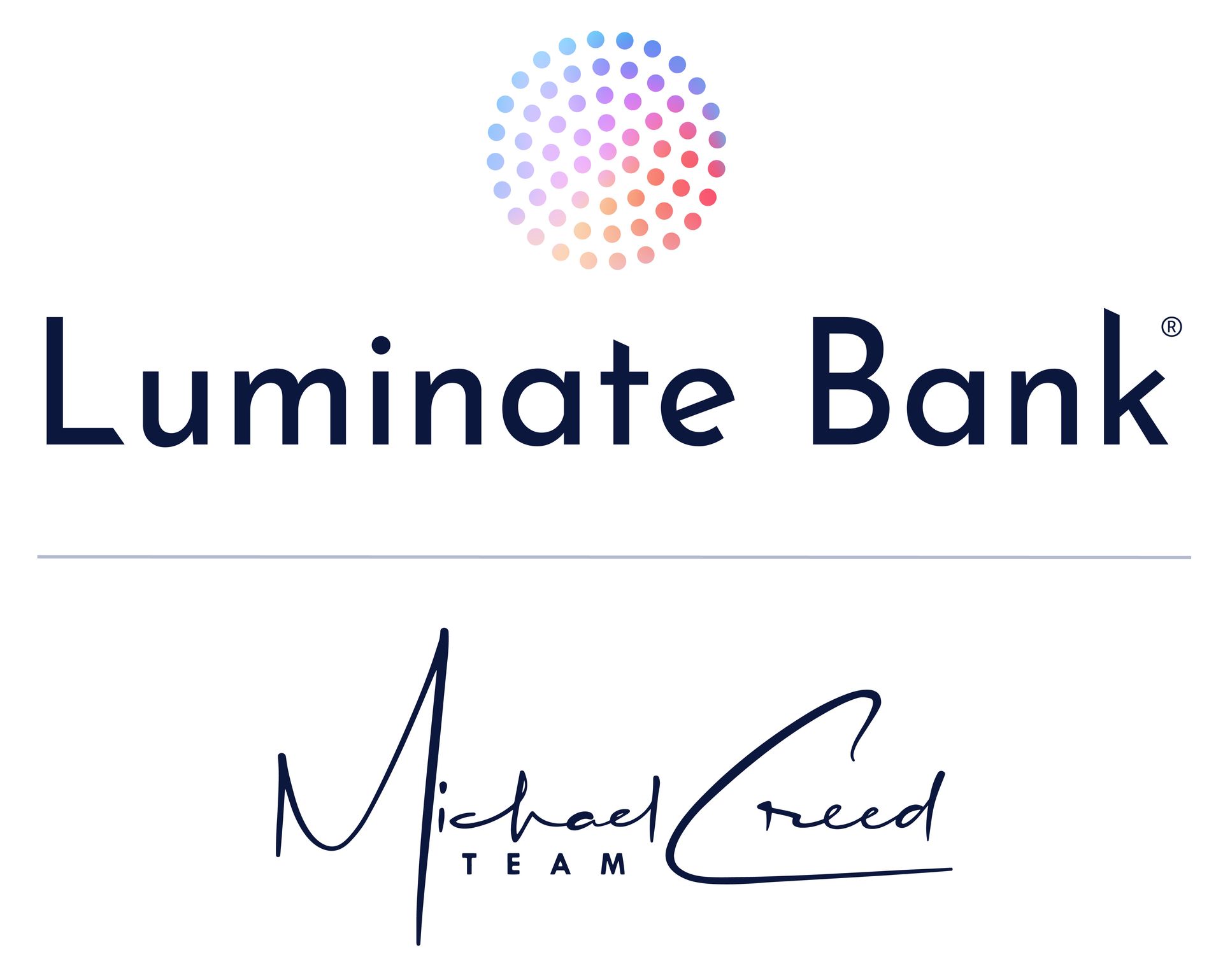Understanding Economic Shifts: How Rising Fast Food Prices Intersect with the Housing Market
Have you seen the rising prices of fast food and other everyday items? You're not alone. Across the country, families are feeling the pinch as costs for items that were once inexpensive are climbing steadily. For example, a quick lunch for two at a fast-food place in Milwaukee could now cost you $40, which is a big increase from the "cheap fast food" prices we used to know.
But what’s causing this, and how does it impact your home-buying potential?
Keep reading for more insights into these issues.
What's Causing Price Hikes?
Starting in April 2024, California raised the minimum wage for employees in fast food and healthcare facilities from $16 to $20 an hour to improve worker conditions. This trend of increasing minimum wages is spreading nationwide. As labor costs go up, businesses often raise their prices to remain profitable, which unfortunately means your favorite burger and fries are getting more expensive.
How Does This Affect Housing?
Recently, the Biden administration launched a housing initiative aimed at reducing housing costs and supporting first-time homebuyers and families selling their homes. However, much like the fast-food sector, the real impact of this program varies significantly from state to state.
In high-demand states like California, more affordable homes may still fall short of meeting the overall needs. Meanwhile, other states could see more tangible benefits. Here in the Milwaukee metro area, both the availability and cost-effectiveness of housing can be greatly influenced by these broader economic trends.
Advice for Prospective Homebuyers
If you're planning to buy a home soon, staying updated on these changes is crucial. By keeping informed and working with an experienced mortgage advisor, you can leverage new opportunities as they arise.
While more money flowing into the economy sounds beneficial, it's important to see the bigger picture. Factors like housing supply and borrowing costs also profoundly affect your buying potential. A higher housing supply combined with lower borrowing costs could be more beneficial than just having more money injected into the economy.
Conclusion
Understanding these changes can help you make better informed choices about your financial future. Whether you're saving up for a big purchase, like a home, or just deciding where to grab lunch around Milwaukee, let us help you save money where it counts! (Because you can have your cake and eat it, too!)
Connect with us today so we can help you prepare a strategy that works.












